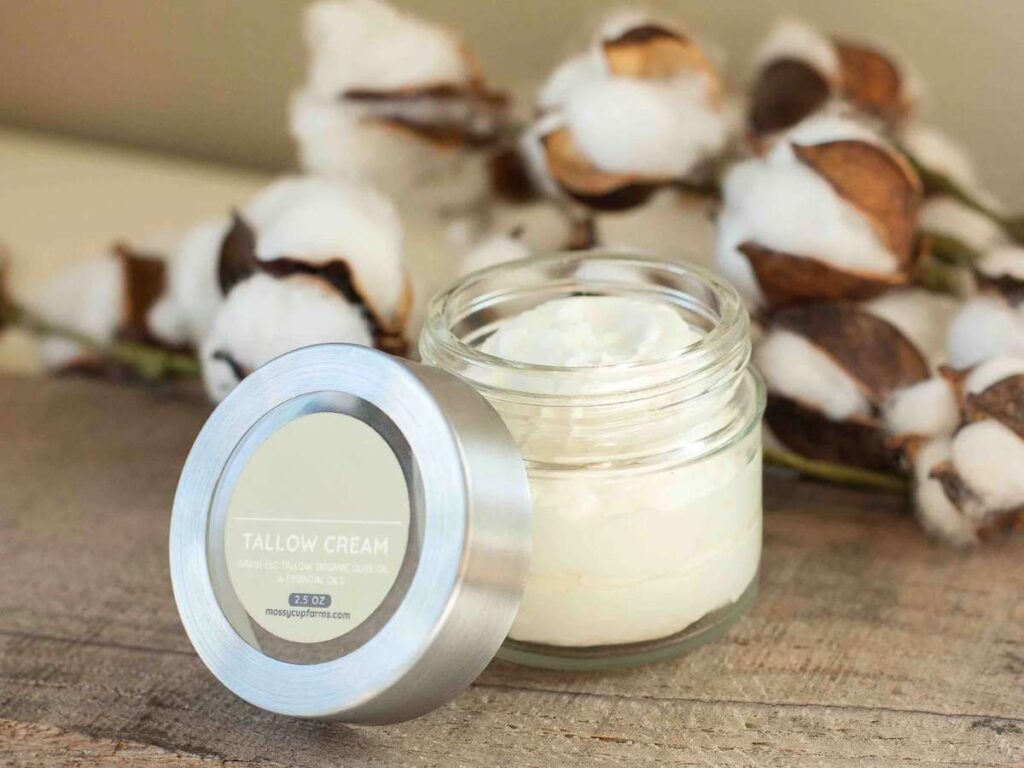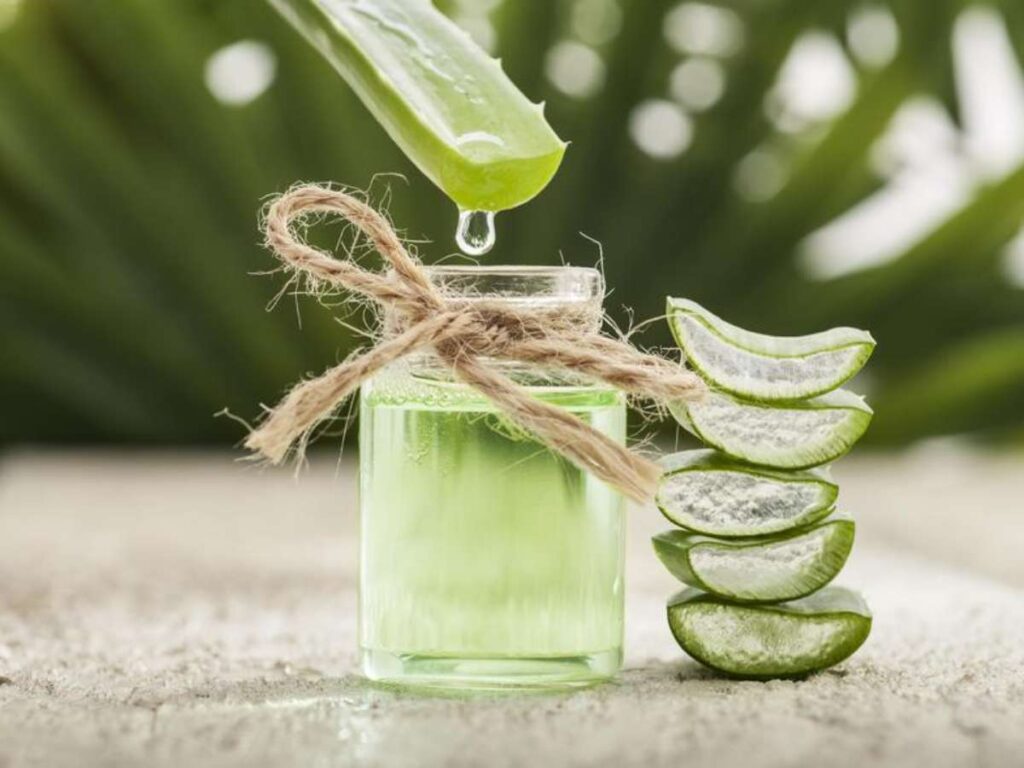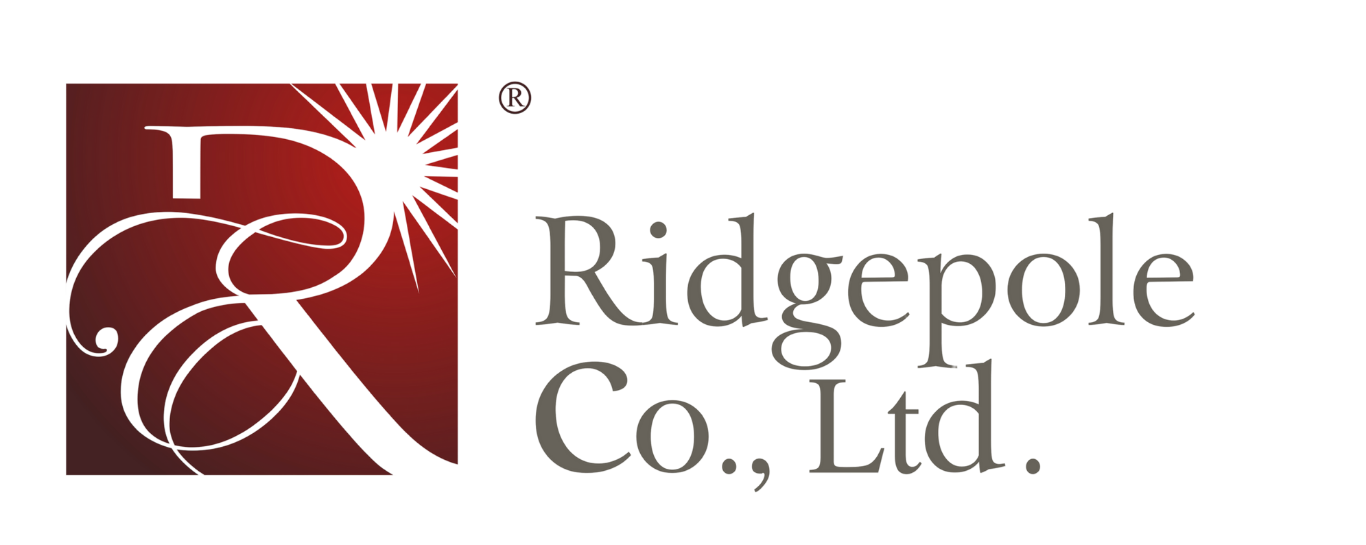Tallow Cream vs Natural Plant Skincare: What’s the Difference

Author: Tommy Tang | Founder at Ridgepole
Hi, I'm Tommy Tang, here to share my expertise in skincare with you.
Table of Contents
When I first added a tallow-based product to my skincare line, I wasn’t sure what my customers would think. Would they like it, or would the idea of using tallow make them uneasy?
If you’re in the skincare business, picking the right ingredients isn’t just about following trends. It’s a big deal for your brand and how much your customers trust you.
I’ve spent time working with both tallow and plant-based products. I’ve tested how they feel, how long they last, and how customers react to them. This article isn’t just about opinions—it’s based on real experiences.
In this article, you’ll learn the real differences between these two skincare options. We’ll cover everything from texture and shelf life to how well they work and what the market thinks of them. No extra fluff—just straight facts to help you decide what’s best.
Ready to dive in? Keep reading!
1. What is a Tallow Cream
When I first considered adding tallow cream to my skincare line, I wasn’t sure how customers would react. Would they embrace it, or would they see it as outdated? But once I tested the formulation, the results spoke for themselves. Tallow is one of the most skin-compatible moisturizers available.
Tallow cream is made from rendered animal fat, typically from cows or sheep. Unlike plant-based oils, it mimics the natural oils in human skin, making it incredibly effective at restoring moisture.

How It Works for Skin
Tallow isn’t just another moisturizer, it’s a highly bioavailable ingredient that works in harmony with the skin. Unlike synthetic or plant-based oils that sit on the surface, tallow absorbs deeply, delivering essential nutrients where they’re needed most. Tallow is packed with skin-loving nutrients like:
- Saturated fats & omega-3s: These lipids create a protective barrier, locking in moisture and preventing water loss—ideal for combating dryness and irritation.
- Vitamins A, D, E, & K: These fat-soluble vitamins support skin repair, promote elasticity, and provide antioxidant protection against environmental damage.
- Anti-inflammatory properties: Naturally soothing, tallow helps reduce redness, calm sensitive skin, and support overall skin barrier function.
Who Uses Tallow Cream?
Brands targeting the following customer groups may benefit from adding tallow-based skincare:
- People with dry, sensitive, or mature skin – Tallow deeply nourishes without irritation.
- Consumers looking for traditional, ancestral skincare – Many prefer time-tested remedies over modern synthetics.
- Eco-conscious buyers – Sourced responsibly, tallow can be a zero-waste, sustainable ingredient.
Common Ingredients
Most tallow creams include other natural ingredients for added benefits:
- Beeswax: Enhances texture and provides a protective barrier.
- Essential oils: Offer scent and additional skincare properties.
- Herbal extracts: Boost nourishment and target specific skin concerns.
2. What is a Natural Plant-Based Skincare
When I first started formulating skincare, plant-based ingredients were my go-to. They were clean, sustainable, and aligned with the growing demand for vegan beauty. Customers loved seeing familiar botanical names on the ingredient list—jojoba, shea butter, aloe vera.
Plant-based skincare relies on oils, butters, and botanical extracts sourced from nature. Free from animal-derived ingredients, these formulations appeal to brands catering to eco-conscious, vegan, and ethically minded consumers.
How It Works for Skin
Plant-based skincare delivers a range of benefits depending on the formulation:
- Lightweight hydration: Plant oils and butters provide moisture without a greasy finish, suiting various skin types.
- Antioxidant protection: Extracts like green tea and vitamin-rich oils shield skin from environmental stressors.
- Anti-inflammatory properties: Ingredients such as aloe vera and chamomile help calm irritation and redness.
Unlike tallow, plant-based products may require emulsifiers or stabilizers to achieve a balanced texture and long-lasting moisture retention.
Who Uses Plant-Based Skincare?
Many beauty brands build their identity around plant-based formulations, attracting:
- Vegan & Cruelty-Free Beauty Lines: Brands targeting ethical consumers who avoid animal-derived ingredients.
- Sensitive Skin Formulations: Companies creating gentle, allergen-free products with minimal additives.
- Eco-Conscious Skincare Brands: Businesses committed to sustainability and biodegradable ingredients.
- Luxury Botanical Skincare: High-end brands using rare, cold-pressed plant oils for premium formulations.

Common Ingredients
Plant-based skincare formulations often feature:
- Plant Oils: Jojoba, argan, and coconut oil for hydration and nourishment.
- Butters: Shea and cocoa butter to soften and protect the skin barrier.
- Botanical Extracts: Aloe vera, green tea, and chamomile to calm and revitalize the skin.
For beauty brands, plant-based skincare offers flexibility and broad consumer appeal. The key is choosing the right ingredient combinations to stand out in a competitive market.
3. Key Differences Between Tallow Cream and Natural Plant Skincare
When choosing between tallow cream and plant-based skincare, understanding their differences is key. These 2 options come from different sources and offer unique benefits. In this section, we’ll compare their ingredients and more to help you decide which product suits your customer’s skin type and needs best:
| Feature | Tallow Cream | Plant-Based Skincare |
| Source | Animal fat (e.g., beef or sheep tallow) | Plant oils, butters, and botanical extracts |
| Moisturizing Effect | Deep, long-lasting moisture; ideal for dry skin | Light to medium moisture; suitable for all skin types |
| Nutrient Content | High in vitamins A, D, E, and K | Rich in antioxidants, vitamins, and fatty acids |
| Absorption Rate | Slow absorption; sits longer on the skin | Fast absorption; feels lighter on the skin |
| Skin Compatibility | Mimics human sebum, reducing dryness | Varies based on plant oil and formulation |
| Ethical Considerations | Not vegan; animal-sourced | Vegan-friendly and often sustainably sourced |
| Texture and Feel | Thick, waxy texture; best for nighttime use | Light, silky texture; good for daily use |
| Price and Availability | Less common; can be more expensive | Widely available in various price ranges |
Choosing between these 2 types of skincare comes down to the skin’s needs and your customer’s personal preferences. If they want deep hydration, tallow cream might be best. If they prefer lighter, plant-based, or vegan-friendly options, plant-based skincare offers more variety. Both can support healthy, glowing skin.
5 Tips to Consider When Choosing Between Tallow Cream and Plant-Based Skincare
When I first started selecting ingredients for my skincare line, I quickly realized one thing: choosing between tallow and plant-based skincare wasn’t just about personal preference. It was about market demand, customer expectations, and ingredient performance. If you’re deciding which direction to take, below are the tips that will simplify your decision-making process:
#1 Identify Your Target Market’s Skin Needs
What does your ideal customer need from their skincare? This should be your first question.
Tallow cream is deeply nourishing, making it ideal for customers with dry, sensitive, or aging skin. On the other hand, plant-based skincare has a broader appeal, many formulations are lightweight and suitable for oily, combination, or acne-prone skin.
Understanding their needs will help you decide whether to focus on nutrient-rich tallow-based products or lightweight, plant-based alternatives.
#2 Check for Allergen Concerns
Consumers are more ingredient-conscious than ever. They read labels, research formulations, and avoid certain ingredients based on personal preferences or allergies.
Tallow-based skincare may raise concerns for vegan or cruelty-free shoppers, while some plant-based oils, like coconut or almond, can trigger allergic reactions. If your brand wants to cater to a specific market, offering transparency in ingredient sourcing is key.
#3 Consider Ethical and Lifestyle Trends
Consumer values are shifting. Many shoppers actively seek out “vegan,” “cruelty-free,” and “eco-friendly” skincare. Plant-based products often fit this demand and attract environmentally conscious buyers.
However, tallow-based skincare has a niche but loyal following. Many customers appreciate its ancestral roots and minimal processing. If your brand focuses on traditional, whole-ingredient skincare, positioning tallow as a sustainable, zero-waste option can help it stand out.
Which trend aligns best with your brand’s identity? Answering this will help you make a decision that resonates with your audience.
#4 Analyze Product Texture
Texture plays a huge role in purchasing decisions. Some customers love rich, deeply moisturizing creams, while others prefer light, fast-absorbing products for daily use.
Tallow cream is naturally thick and best suited for dry skin or nighttime routines. Meanwhile, plant-based creams and serums often have a lighter consistency, absorbing quickly, perfect for daytime wear and layering under makeup. Offering a mix of both can expand your product range, catering to different skincare needs.
#5 Evaluate Supplier Quality
Your formulations are only as good as your ingredient sources. Poor-quality raw materials lead to ineffective products, which can damage your brand’s reputation.
For tallow-based products, sourcing from grass-fed, hormone-free suppliers ensures higher nutrient content and better purity. For plant-based skincare, working with suppliers who use cold-pressed, organic oils and avoid synthetic additives can elevate your product’s quality.
Before committing, vet your suppliers carefully. Request transparency in sourcing, check for certifications, and ensure they align with your brand’s standards.
Final Thoughts
When I first explored tallow-based formulations, I wasn’t sure how they’d be received—but real-world testing and customer feedback changed my perspective.
Hopefully, this guide has done the same for you, helping you weigh the pros and cons of both tallow and plant-based skincare.
At the end of the day, the best choice depends on your brand’s vision and your customers’ needs.
If you’re looking for a trusted manufacturing partner to bring your skincare vision to life, Ridgepole has the expertise and innovation to help.
Wait no more! Contact us today and let’s create something amazing together.
Check Out These Additional Resources
Not quite what you’re looking for? Explore our wider product range for more choices:
Still haven’t found what you’re looking for? Don’t hesitate to contact us. We’re available around the clock to assist you.
Quick Quote
Own Your Private Label Cosmetic Line Is No Longer Difficult Here!





